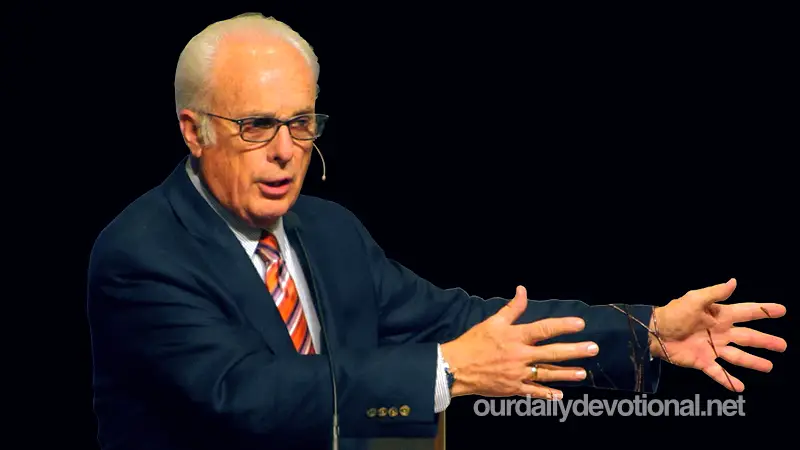Confession and worship of one true God, to the exclusion of any other. The Bible, from beginning to end, emphasizes monotheism and shows its exclusivity over any other claim.
Israel's ultimate confession is: "Hear, O Israel, the Lord our God is one Lord" (Deut. 6:4). The Decalogue explicitly prohibits the worship of any God other than the eternal God with essential and absolute existence: "You shall have no other gods before me... for I am the Lord your God, strong and jealous" (Ex. 20:3). , 5).
In the book of Isaiah, God proclaims: "Thus says the Lord King of Israel, and his Redeemer, the Lord of hosts: I am the first, and I am the last, and besides me there is no God" (Isa. 44:6).
The evolutionary conception of history places monotheism as a relatively late conquest of the human spirit in its emergence from polytheism, which in turn comes from magical animism.
On the other hand, the first mention of idolatry in the Bible is found after the flood. In reality, the conception that monotheism is a late conquest of human religious genius is mere speculation without foundation.
On the one hand, it is a result of the artificial application of the dialectical process to the history of religion, and it captures the imagination by its apparent simplicity and plausibility.
But on the other hand it is faced with the following data: (a) the Revelation; (b) a large number of historical, anthropological and ethnological evidence. From Revelation, it is clear that all divergence in the knowledge of God is the result of rebellion against Him.
Adam knew God; Noah knew the one true God. Evidently, Shem, Ham and Japheth too. These men, because of the longevity they enjoyed, were able to carry the knowledge of the one true God for several generations, even despite the widespread apostasy by Nimrod in the time of humanity.
But despite the general prevailing apostasy, there remained nuclei of knowledge of the only God. As an illustration, Melchizedek, priest king of Salem, can be cited (Gen. 14:18).
The fact of an apostasy from monotheism towards a host of degenerate forms of religion is lapidaryly expressed by the apostle Paul in Rom. 1:21 ff.
The historical, anthropological and ethnological evidence is presented by Custance in "Primitive Monotheism" and by several other authors. Thus, it can be rigorously documented that the Revelation-Apostasy framework is correct.
Says A. C. Custance: "Between the years 1900 and 1935 this whole subject was discussed in a scholarly manner by people holding the idea that evolutionary reconstructions of man's religious beliefs were fundamentally erroneous and produced such an impact that evolutionary philosophers practically They abandoned this line of argument.
From the mid-1930s onwards, this topic has been almost non-existent, although many liberal seminaries conduct their history of religion courses as if nothing had been written about it" (op. cit., p. 2).
It has been documented, for example, that the oldest religious records of China show monotheism with the absence of any type of idolatry.
Likewise, the oldest inscriptions and remains of the oldest Semitic peoples, such as Sumer, reveal a primitive monotheism; The same can be said of the ancient Egyptians, of ancient India, and of many tribes around the world, from the Fuegians to the Pygmies, from the Indians of North America to the Bushmen, from the Zulus to the tribes of central Australia. .
Additional confirmation of the above is found in the Ebla tablets (see MARDIKH [TELL]), which also give evidence of ancient monotheism in the Middle East area in times before Abraham.
In Custance's words: "It now seems clear that man must have begun with a pure concept of a Supreme Being, a great God, Lord of all, Creator of the world, merciful, just, omniscient and omnipresent.
This was the faith of the primitive people whom evolutionists consider our "contemporary ancestors."
Meaning of MONOTHEISM
Confession and worship of one true God, to the exclusion of any other. The Bible, from beginning to end, emphasizes monotheism and shows its exclusivity over any other claim.







